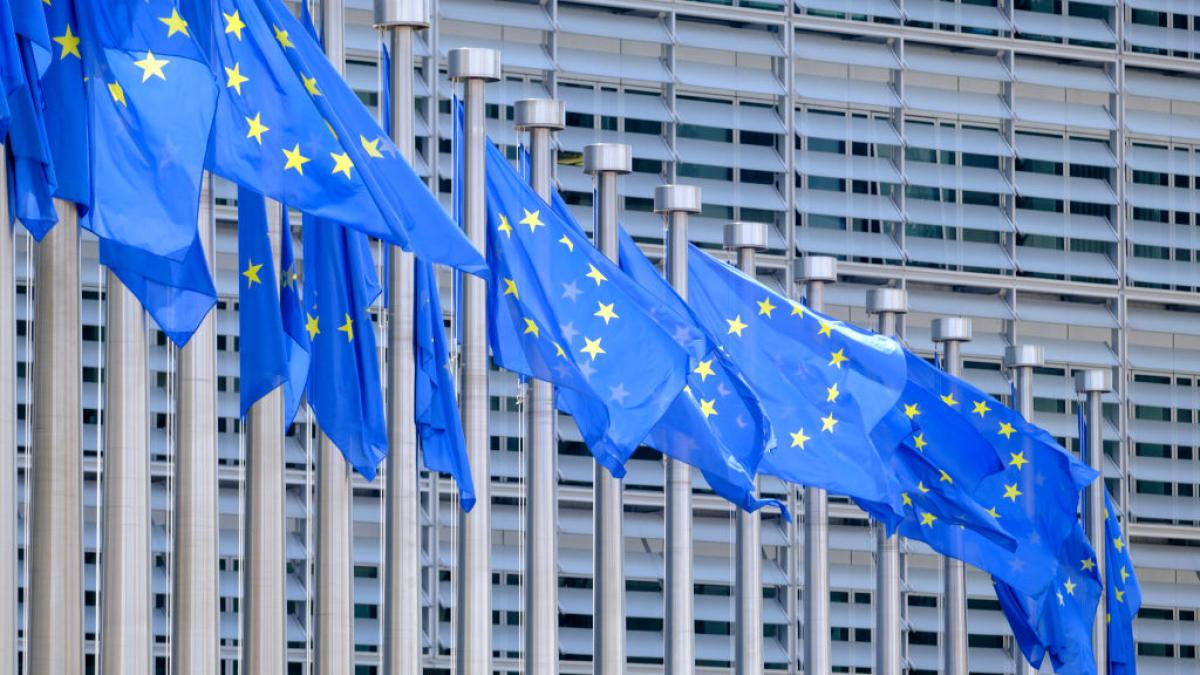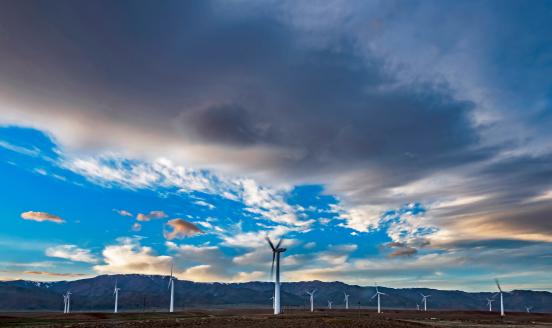The Letta report: an assessment of the energy proposals
The report has the potential to substantially impact the European Union's strategic agenda from 2024-29

Enrico Letta's much-anticipated report provides a comprehensive evaluation of the European Union’s single market and contains an important set of concrete policy proposals for its future development. Alongside Mario Draghi’s forthcoming report on EU competitiveness, Letta’s proposals have the potential to substantially impact the EU’s strategic agenda for 2024-29.
In Letta’s words, "the lack of integration in the financial, energy, and electronic communications sectors is a primary reason for Europe's declining competitiveness". The report explores areas for integration aimed at strengthening the EU's position in a rapidly changing global order. He considers that the single market can be "Europe's best asset to ensure its success in a novel global order".
Letta believes the “fair, green and digital transition” could be a catalyst for a new, truly European single market and gives particular attention to areas of the energy union which remain poorly integrated. While Europe has developed a well-functioning market for trading energy, investment signals remain largely at the behest of national governments. This is problematic as it fails to make efficient use of one of Europe's best energy assets – a continent-wide energy grid. Letta’s proposal for regional renewable auctions allowing for competition between companies and locations across borders is welcome. This idea should be extended to storage and flexibility solutions, where Germany’s plan to subsidise domestic hydrogen plants demonstrates national governments moving alone.
Progress on connecting national electricity markets is too slow. The warning signs are there today and will only grow as greater shares of intermittent renewable generation are added to grids. Deeper grid integration lowers system costs by reducing the capacity of renewables and storage solutions that must be deployed. Letta makes a strong economic argument for larger European funds for financing cross-border projects.
The most novel proposal is for the EU to create a "Clean energy delivery agency" by 2027. The idea is introduced within a section focussed on the need to "add speed and simplicity". A key role for the agency is to act as a "one-stop shop" for companies, providing tailored advice on permitting processes, certification and funding schemes. Industry stakeholders have long complained about the complexity and perceived slowness of European permitting and funding applications. The European Commission is pushing for permitting reforms and further progress is important.
Letta thinks the agency should be responsible for overseeing a range of EU funds, including the Hydrogen Bank, pilot projects in emerging clean technologies planning and grant funding for cross-border infrastructure projects and incentive schemes for large-scale deployment of clean technologies. The latter is currently sorely lacking at European level and the report proposes a “Clean energy deployment fund” to fill this gap. The goal of the agency should be enabling and fostering cooperation between EU countries on efficient joint investments into the energy system. The fund should subsidise projects with well quantified benefits that transcend borders.
Opinions will vary on the potential structure of such an agency and whether competences could be covered by the existing web of institutions and agencies, and this will ultimately be a political choice.
Harmonised energy data across the EU is central to the functioning of a possible future energy agency. Europe is embracing a green industrial revolution where trillions of euros will be spent and at least tens of billions of this will be provided through public subsidies. However, policymakers remain in the dark when it comes to key energy and industrial data that are essential for making smart decisions.
The agency would presumably work toward Net Zero Industry Act targets for manufacturing in clean technologies. But questions remain. What is the EU's current manufacturing capacity across the solar and wind value chains? European households will be subject to a carbon tax in two years that will raise prices and incentivise change – but how many heat pumps did European households install last year in preparation for this? European governments are keen to protect energy-intensive industries through measures such as the Carbon Border Adjustment Mechanism and direct subsidies – but how does this apply across different industries?
The extent and scale of Europe's energy data shortage was exposed by the 2022-23 energy crisis. Technical questions on the EU’s ability to survive without Russian natural gas and oil were clouded by an absence of data on the volumes and routes through which Russian fossil fuels were entering the EU.
Letta’s energy proposals are compelling and must be implemented to ensure the continued strength and integrity of the energy union. Along with progress in energy market integration, radical improvements to Europe's energy data are an essential ingredient for policymakers to steer a successful and fair energy transition.
Letta’s main challenge was to revive what is often perceived as a boring agenda and demonstrate that – with proper reform – the single market remains Europe's best asset to navigate turbulent waters of the global economy. The report provides timely and essential advice at a critical juncture for Europe. Leaders now have a blueprint to shape the future EU strategic agenda and they should make use of it, starting with the energy sector.



